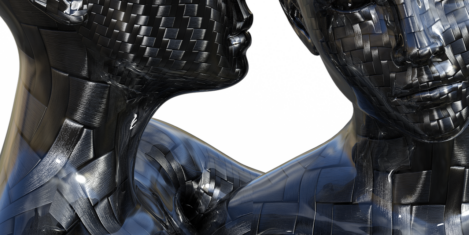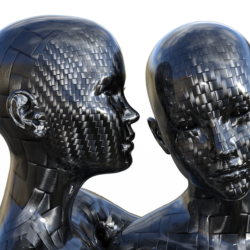To provide the best experiences, we use technologies like cookies to store and/or access device information. Consenting to these technologies will allow us to process data such as browsing behaviour or unique IDs on this site. Not consenting or withdrawing consent, may adversely affect certain features and functions.
The technical storage or access is strictly necessary for the legitimate purpose of enabling the use of a specific service explicitly requested by the subscriber or user, or for the sole purpose of carrying out the transmission of a communication over an electronic communications network.
The technical storage or access is necessary for the legitimate purpose of storing preferences that are not requested by the subscriber or user.
The technical storage or access that is used exclusively for statistical purposes.
The technical storage or access that is used exclusively for anonymous statistical purposes. Without a subpoena, voluntary compliance on the part of your Internet Service Provider, or additional records from a third party, information stored or retrieved for this purpose alone cannot usually be used to identify you.
The technical storage or access is required to create user profiles to send advertising, or to track the user on a website or across several websites for similar marketing purposes.
 While we often view personality as a fixed entity, a new study suggests the COVID-19 pandemic may have left a subtle but enduring mark on some aspects of our personalities. Published in Personality and Social Psychology Bulletin, the research suggests that while significant personality changes weren’t widespread, conscientiousness levels generally increased throughout the pandemic, while extraversion dipped slightly. Interestingly, openness to new experiences remained relatively stable. More →
While we often view personality as a fixed entity, a new study suggests the COVID-19 pandemic may have left a subtle but enduring mark on some aspects of our personalities. Published in Personality and Social Psychology Bulletin, the research suggests that while significant personality changes weren’t widespread, conscientiousness levels generally increased throughout the pandemic, while extraversion dipped slightly. Interestingly, openness to new experiences remained relatively stable. More →




















 You don’t have to look far to find misinformation. Just a few weeks ago, amid the aftermath of the coup in Niger, online platforms were being
You don’t have to look far to find misinformation. Just a few weeks ago, amid the aftermath of the coup in Niger, online platforms were being 












January 25, 2024
The final word on … responsibility
by Mark Eltringham • Business, Comment
More →